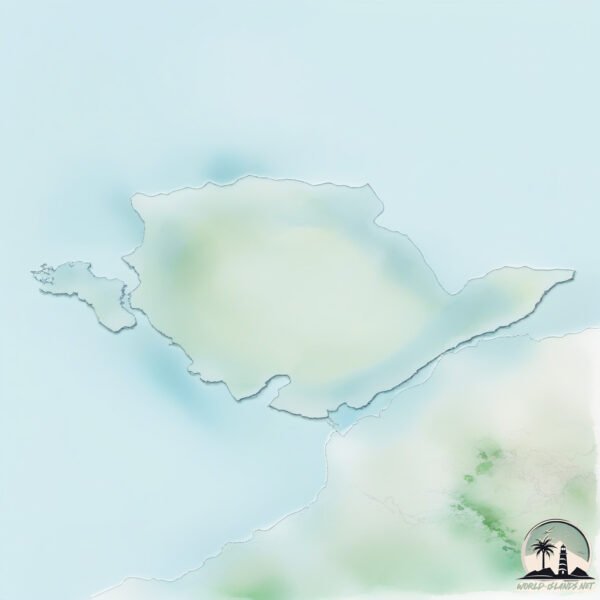Anglesey

Welcome to Anglesey, a Temperate island in the Irish Sea and St. George’s Channel, part of the majestic Atlantic Ocean. This guide offers a comprehensive overview of what makes Anglesey unique – from its geography and climate to its population, infrastructure, and beyond. Dive into the details:
- Geography and Size: Explore the island’s size and location.
- Climate and Weather: Weather patterns and temperature.
- Topography and Nature: Uncover the natural wonders of the island.
- Infrastructure and Travelling: Insights on reaching, staying, and making the most of your visit.
- News and Headlines: Latest News.
Geography and size of Anglesey
Size: 721.1 km²
Coastline: 239 km
Ocean: Atlantic Ocean
Sea: Irish Sea and St. George’s Channel
Continent: Europe
Anglesey is a Large Island spanning 721 km² with a coastline of 239 km.
Archipel: British Isles – A group of islands off the northwest coast of mainland Europe, including Great Britain, Ireland, and over 6,000 smaller islands, known for their rich history and cultural diversity.
Tectonic Plate: Eurasia – One of the world’s largest tectonic plates, the Eurasian Plate covers a significant portion of Europe and Asia. It’s characterized by diverse geological features, including the Ural Mountains, the European Plain, and the Himalayas formed from its collision with the Indian Plate.
The geographic heart of the island is pinpointed at these coordinates:
Latitude: 53.2872062 / Longitude: -4.37480956
Climate and weather of Anglesey
Climate Zone: Temperate
Climate Details: Temperate Oceanic Climate
Temperature: Warm Summer
Climate Characteristics: Known for its moderate year-round temperatures with ample rainfall and no dry season. Warm summers are characteristic.
Topography and nature of Anglesey
Timezone: UTC±00:00
Timezone places: Europe/London
Max. Elevation: 137 m
Mean Elevation: 45 m
Vegetation: Herbaceous Cover
Tree Coverage: 18%
The mean elevation is 45 m. The highest elevation on the island reaches approximately 137 meters above sea level. The island is characterized by Plains: Flat, low-lying lands characterized by a maximum elevation of up to 200 meters. On islands, plains are typically coastal lowlands or central flat areas.
Dominating Vegetation: Herbaceous Cover
Comprising mainly of grasses, herbs, and ferns, these areas are common in prairies, meadows, and savannas, and can vary widely in species composition. Anglesey has a tree cover of 18 %.
Vegetation: 13 vegetation zones – Exceptionally Diverse Island
Islands with more than ten vegetation zones are among the most ecologically rich and varied in the world. These islands are akin to miniature continents, boasting an incredible array of ecosystems. The sheer range of habitats, from high peaks to deep valleys, rainforests to deserts, creates a mosaic of life that is unparalleled. They are crucial for conservation and ecological studies.
Infrastructure and Travelling to Anglesey
Does the island have a public airport? yes.
Anglesey has a public and scheduled airport. The following airports are located on this island: Anglesey Airport.
Does the island have a major port? yes.
Anglesey is home to a major port. The following ports are situated on the island: HOLYHEAD.
The mean population of Anglesey is 103 per km². Anglesey is Moderately Inhabited. The island belongs to United Kingdom.
Continuing your journey, Isle of Man is the next notable island, situated merely km away.
Anglesey Adventure: Ancient Ruins, Beaches, Rare Anglesey RED SQUIRRELS - North Wales



United Kingdom is classified as Developed region: G7: Group of Seven – Major advanced economies, including Canada, France, Germany, Italy, Japan, the United Kingdom, and the United States. The level of income is High income: OECD.
News – Latest Updates and Headlines from Anglesey
Stay informed with the most recent news and important headlines from Anglesey. Here’s a roundup of the latest developments.
Please note: The data used here has been primarily extracted from satellite readings. Deviations from exact values may occur, particularly regarding the height of elevations and population density. Land area and coastline measurements refer to average values at mean high tide.
